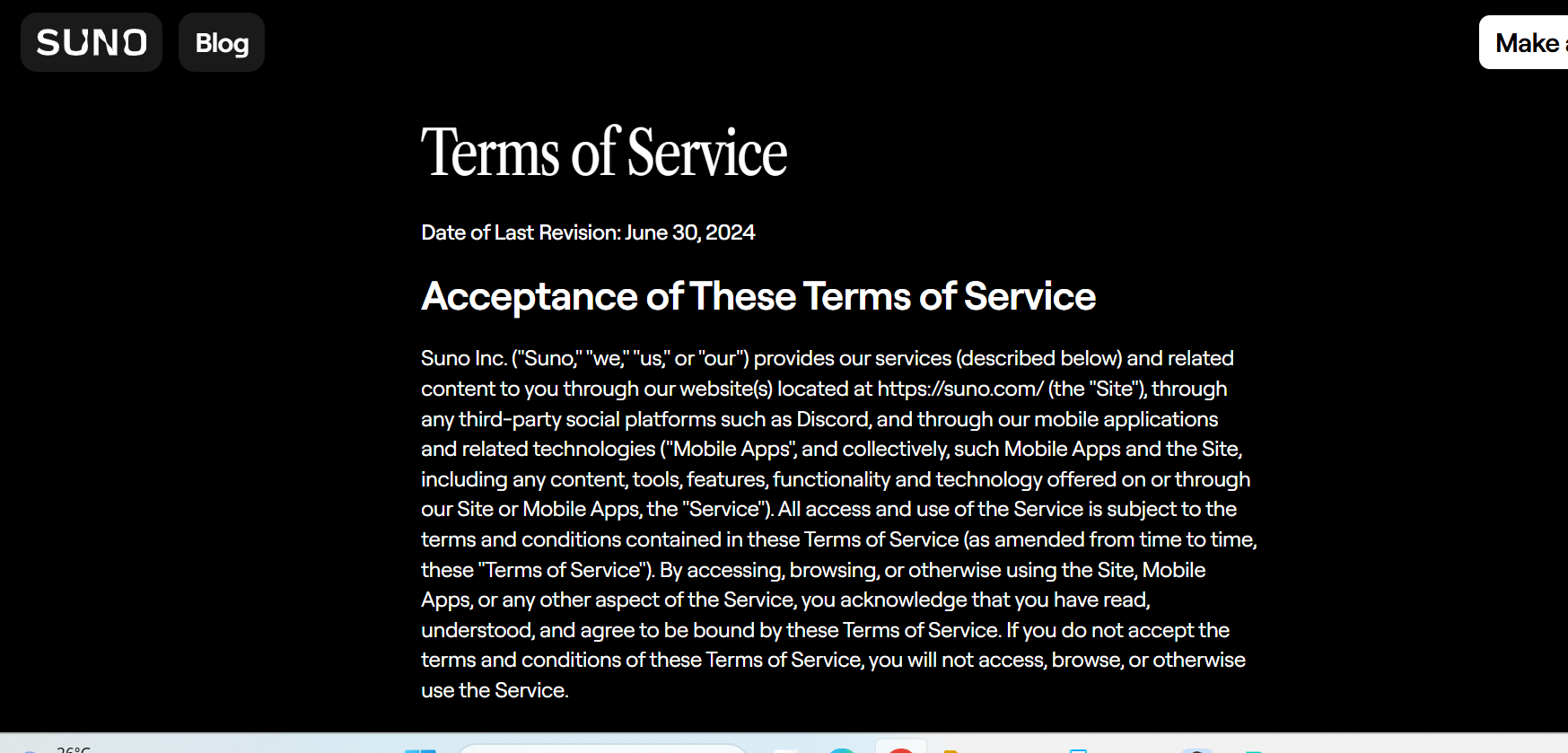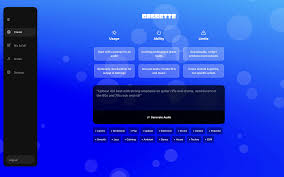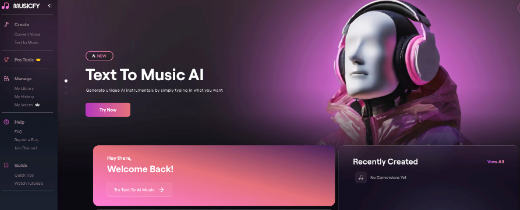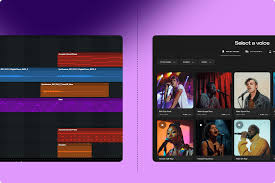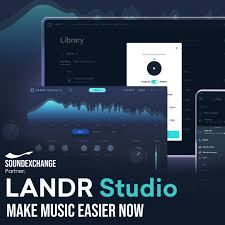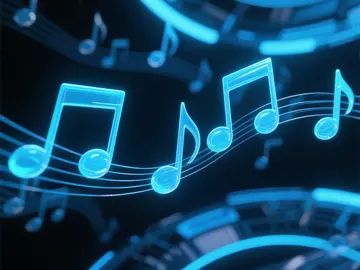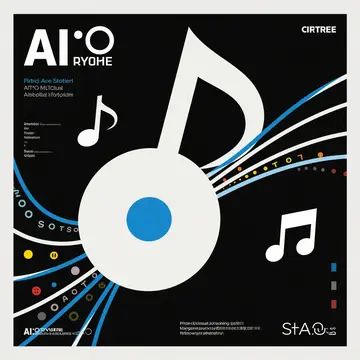As AI-generated music becomes more mainstream, creators, marketers, and developers are increasingly turning to platforms like AIVA (Artificial Intelligence Virtual Artist) to compose original scores. Whether you’re producing a YouTube video, a mobile app, or an indie film, the question arises:
Is AIVA music copyright free?
It’s a critical question—not just from a creative standpoint but a legal one. Using music that isn’t properly licensed can lead to takedowns, demonetization, or even lawsuits. So, let’s break it down clearly.
This guide explains everything you need to know about AIVA’s copyright status, how its music can be used legally, and what licenses are included with your AIVA subscription.
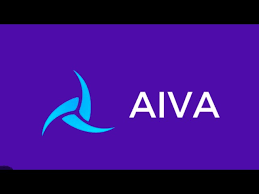
First, What Does “Copyright Free” Actually Mean?
Before we talk about AIVA specifically, it’s important to clarify a common misconception.
“Copyright-free” doesn’t mean the music has no rights.
Instead, it usually means the music is:
Not registered with third-party collecting societies (like ASCAP or BMI)
Royalty-free, meaning you don’t pay per use
Licensed directly from the creator or platform
In AIVA’s case, the music is originally composed by an AI, but it still falls under copyright—just not in the traditional sense. The key difference is: AIVA lets you license it directly, with no hidden fees or ongoing royalties.
So, Is AIVA Music Copyright Free?
The short answer is: No, AIVA music is not copyright-free in the literal sense—but it is royalty-free and comes with commercial usage rights if you have the proper plan.
Here’s what that means in practice:
Every track AIVA generates is considered a unique, original work.
You are granted a non-exclusive license to use that track in your projects.
AIVA retains the copyright as the AI platform (under AIVA Technologies), unless you explicitly purchase full rights (available for enterprise clients).
You don’t have to worry about paying ongoing royalties or getting flagged for copyright—as long as your use aligns with your subscription license.
How AIVA Licensing Works
Free Plan
Personal, non-commercial use only
You cannot monetize or publish the track on YouTube, Spotify, etc.
No commercial rights
Creator Plan (approx. €15/month)
Royalty-free license
Use on monetized YouTube videos, podcasts, indie games, online ads (non-broadcast)
No attribution required
Cannot be used in TV/radio broadcast or resale platforms
Pro & Enterprise Plans
Extended commercial license
Rights to use in broadcast TV, OTT, games, SaaS apps, and client work
Optional exclusive rights or custom compositions
Enterprise plans may include full transfer of rights, but this is negotiated case-by-case
Bottom line: AIVA music is fully usable in commercial content—but only when you’re on the correct plan.
Why You Still Need a License, Even for AI Music
Many assume that because AIVA is an AI and not a human composer, its music must be public domain. That’s not the case.
Here’s why:
AI-generated music is still subject to intellectual property protections.
In the EU and some other regions, copyright can be attributed to the company operating the AI, not the AI itself.
AIVA (the platform) holds those rights and licenses them to you.
So, while you don’t have to deal with performance rights organizations or music labels, you still need to comply with AIVA’s license terms.
Common Misconceptions About AIVA Music Licensing
Let’s debunk a few:
“I generated the track, so I own it.”
? Not true. AIVA retains the copyright unless otherwise stated.“I can use the free plan for my client project.”
? Commercial use is strictly prohibited under the free plan.“AIVA music will never be flagged on YouTube.”
? Mostly true, if you have the right license. Otherwise, disputes may still arise.“All AI-generated music is public domain.”
? Definitely false. Most platforms (like AIVA, Mubert, and Soundraw) retain copyright.
Where Can You Safely Use AIVA Music?
Assuming you’re on the Creator Plan or higher, you can legally use AIVA music in:
YouTube videos (including monetized ones)
Podcasts
Video games (non-resale)
Short films and documentaries
Instagram/TikTok/Facebook content
Commercial ads (web only under Creator; TV/OTT requires Pro/Enterprise)
Just make sure to download the license certificate from your dashboard. If your video is ever challenged on a platform, you can provide proof of permission.
Real-World Example
Let’s say you’re editing a branded video for a client. You use AIVA’s cinematic mood to create an epic soundtrack.
If you’re on the Creator Plan, you can upload that video to YouTube or social platforms, no problem.
But if your client wants to run the video as a paid TV commercial, you’ll need to upgrade to Pro or Enterprise, or you risk breaching licensing terms.
What About Reselling AIVA Music?
Reselling is not allowed. That includes uploading AIVA-generated tracks to:
Stock music sites (like AudioJungle or Pond5)
Music streaming platforms under your name (Spotify, Apple Music)
Sample packs or beat marketplaces
AIVA’s license is for use in content, not redistribution of the music itself.
Final Takeaway
So, is AIVA music copyright free?
Technically, no. But it is royalty-free, safe to use, and license-backed—as long as you’re using the right plan.
If you're a content creator, marketer, or indie developer, AIVA gives you a legal, budget-friendly way to access high-quality music without worrying about takedowns or copyright claims.
Just remember: when in doubt, read the license terms and keep your documentation. It’s the simplest way to stay creative—and stay protected.
Frequently Asked Questions
Can I use AIVA music on YouTube?
Yes, if you're on the Creator Plan or higher. Monetization is allowed.
Do I need to credit AIVA in my videos?
No attribution is required for paid plans.
Can AIVA music be used in commercial projects?
Yes—but only with a valid license (Creator, Pro, or Enterprise Plan).
Is AIVA music unique?
Yes, each track is generated based on your input and is one-of-a-kind.
Can I claim ownership of AIVA compositions?
No. You’re granted a license to use the music, but you don’t own the copyright.
Learn more about AI MUSIC

